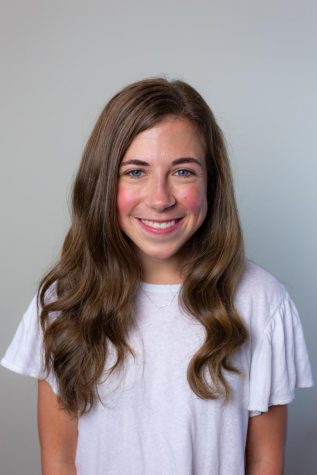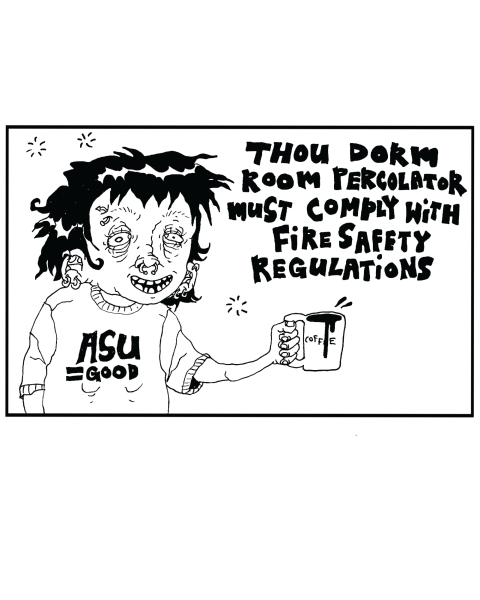RISE Fellows program aims to give leadership opportunities to underrepresented students in Reich College of Education
April 26, 2019
The James Center for Student Success and Advising in Reich College of Education will add a new fellowship program in fall of 2019 for underrepresented students.
Remarkable, Innovative Student Scholars is a program created by Jeffrey Coats, James Center interim director and Alicia Muhammad, an undergraduate teacher education advisor in the James Center.
RISE Fellows aims to help underrepresented students in the college of education with leadership skills.
“Shortly after I got this position, I got the idea that we really needed more representation from our underrepresented groups in the center, and not just based upon their personal identity, but also based upon certain majors in the college,” Coats said.
Coats said elementary education is the major primarily represented in the James Center, but, “there’s a lot more in education than just elementary ed.”
Coats also said that through focus groups, he and Muhammad discovered that some students believed that the James Center was only for the Appalachian Community of Education Scholars and the Appalachian Educators Club, and they wanted more students to feel welcome there.
“Although ACES and App Ed are two of the groups we serve, they are not the only groups we serve,” Coats said.
The program will consist of meetings, activities and preparations through three “strands” leading up to a final capstone activity at the end of the academic year, Muhammad said.
“The RISE Fellows are going to be hosting a college-wide event for deliberating on a current policy issue in education,” Muhammad said.
One strand of the program involves research, Muhammad said, which may include community research in Boone with the Junaluska community. The other two strands are teaching goals beyond the classroom for students’ futures and professional development.
Muhammad said she wants students to see teaching as more than just in a classroom, and that there are opportunities in teachers’ schools and districts for leadership like a curriculum specialist or principal.
“I think other majors have a clear view of where they go,” Muhammad said. “Business majors start out entry-level in business in a corporation and they can go to CEO, they see that, but teachers don’t see that clearly, and I think we want to make that clear for them.”
Coats said he wants students to gain the skills necessary not only to teach successfully in their own classroom, but making education “better for everyone,” and in turn, giving back to society.
“That may sound kind of lofty, but that’s really kind of more my vision, that you’ve got to start local to go global,” Coats said.
Coats said 12 students were chosen for the program: six freshmen and six sophomores.
Coats said he and Muhammad looked for students who talked about leadership or how they reacted to new situations.
“We also did not want the overly involved student, because they’re already getting those experiences through their current student organizations,” Coats said.
Coats and Muhammad looked for students not just diverse in their identities, but also in their majors and their personal and professional interests.
“This is a diverse group of students, so they’ll be exposed not only to ideas and perspectives in a theoretical sense, but also from just interacting with their peers, which again prepares them for the classrooms,” Coats said.












